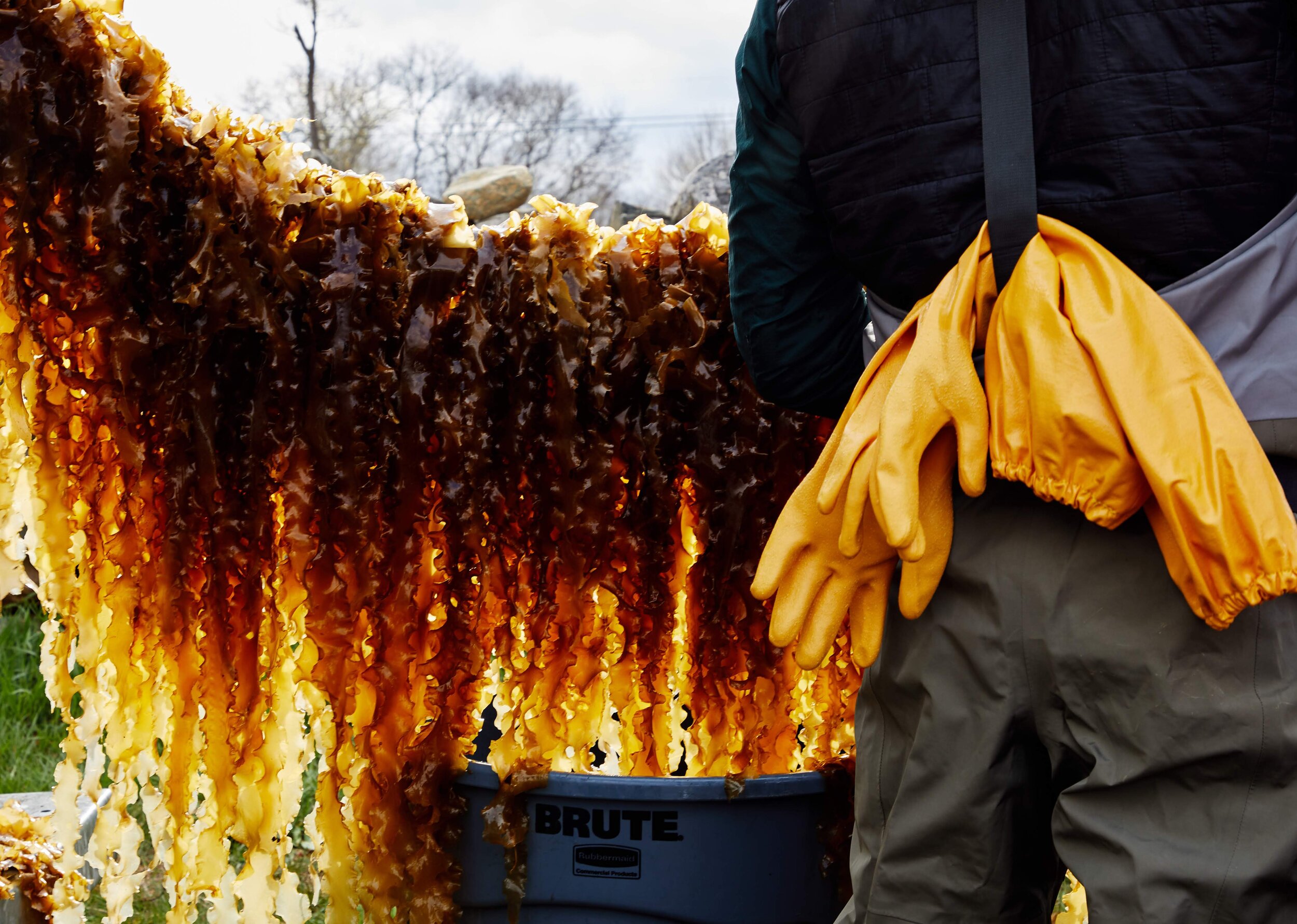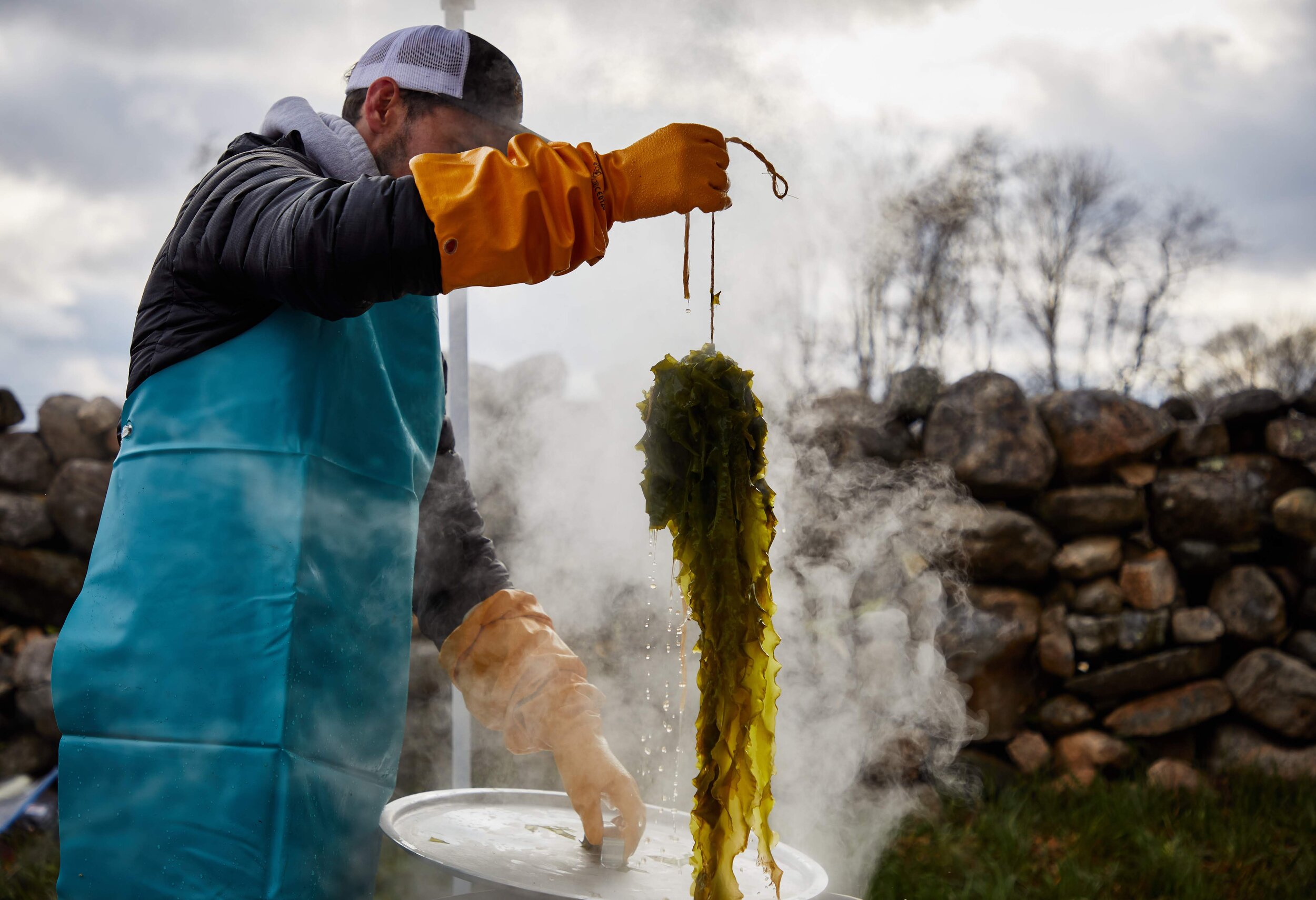Kelp Pickles, Bagel and a Schmear? Expanding Supply Chains in Southern New England


This spring, GreenWave is re-launching our Community Supported Fishery program, offering shares of seaweed and shellfish from our Connecticut farm to local residents. In addition to fresh seaweed, the 2021 kelp share includes a brand-new line up of specialty kelp products developed by GreenWave partners including kelp bagels and schmear, dog treats, and pickles. Chef Craig Hutchinson, owner of New Haven’s Olmo, whipped up the kelp bagels and schmear concept; the kelp dog treats are the brainchild of Chef Will Horwitz, New York City chef and author of Smoke, Salt, and Time: Homesteading and Heritage Techniques for the Modern Kitchen.
The kelp pickles are part of a bigger GreenWave push to build independent market channels for regenerative ocean farmers. Thanks to a grant from USDA’s Farmers Market Promotion Program, GreenWave is developing resources and providing technical assistance to kelp farmers, value-added product companies, and co-packers to expand opportunities to bring kelp products to market.
In the same way that biodiversity yields resilient ecological ecosystems, diverse farm operations and market opportunities ensure thriving farm businesses on land and sea. Small scale co-packers are an important part of that economic ecosystem. Land-based farmers bring their harvest to small scale co-packers for processing and packaging to diversify their income. These facilities prepare standardized recipes for value-added fruit and vegetable products like jams, pickles, and salsa. “The benefit of co-packing is that farmers retain ownership of the product without the burden of infrastructure costs for labels, canning equipment, and additional ingredients,” says Sam Garwin, GreenWave Market Innovation Strategist.
Lack of access to equipment or co-packing facilities to process and package kelp is a major challenge for ocean farmers. Fresh kelp is highly perishable, and requires additional stabilization within 48 hours after harvest to prolong shelf life. “Co-packers are critical for helping small- and medium-sized ocean farmers generate the cash flow and operational efficiencies required to scale their businesses,” says Sam.
This spring, GreenWave is supplying Harvest Kitchen, a Pawtucket, Rhode Island-based co-packing company, with fresh kelp from our farm to develop kelp pickle recipes that other ocean farmers in the area can use, as well as laying the foundation for future regional partnerships. “We’re using our own kelp harvest as proof-of-concept,” says Sam. By innovating new specialty kelp products for our CSF, GreenWave’s goal is to take on the risk of building kelp-specific supply chains for the benefit of other ocean farmers. “By transforming highly perishable raw sugar kelp into shelf-stable, value-added products, farmers have more opportunities — and more time — to sell their crops,” says Sam.
GreenWave is excited to partner with farmers, scientists, and innovators to cultivate a resilient kelp supply chain. Creating practical processing and packaging solutions is a critical piece of the puzzle as we work to support the growing regenerative ocean farming industry and significantly scale climate-positive ecosystem services.
